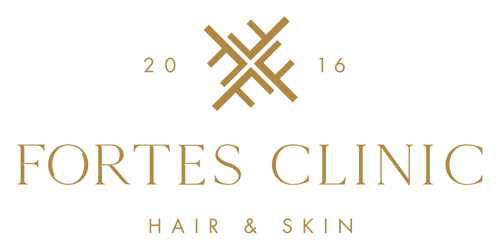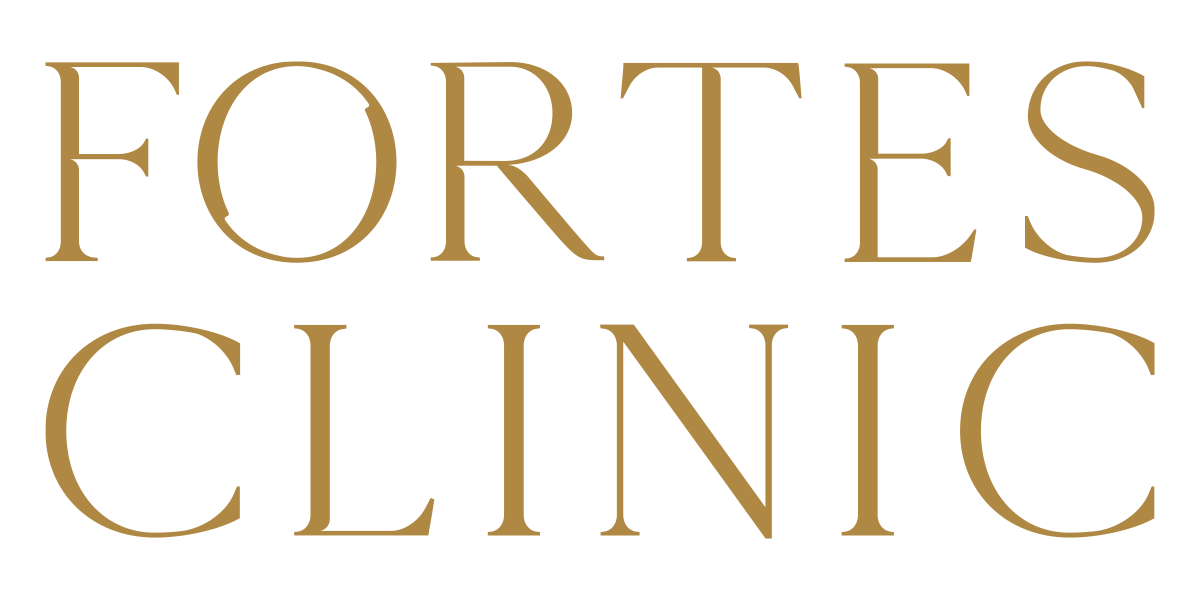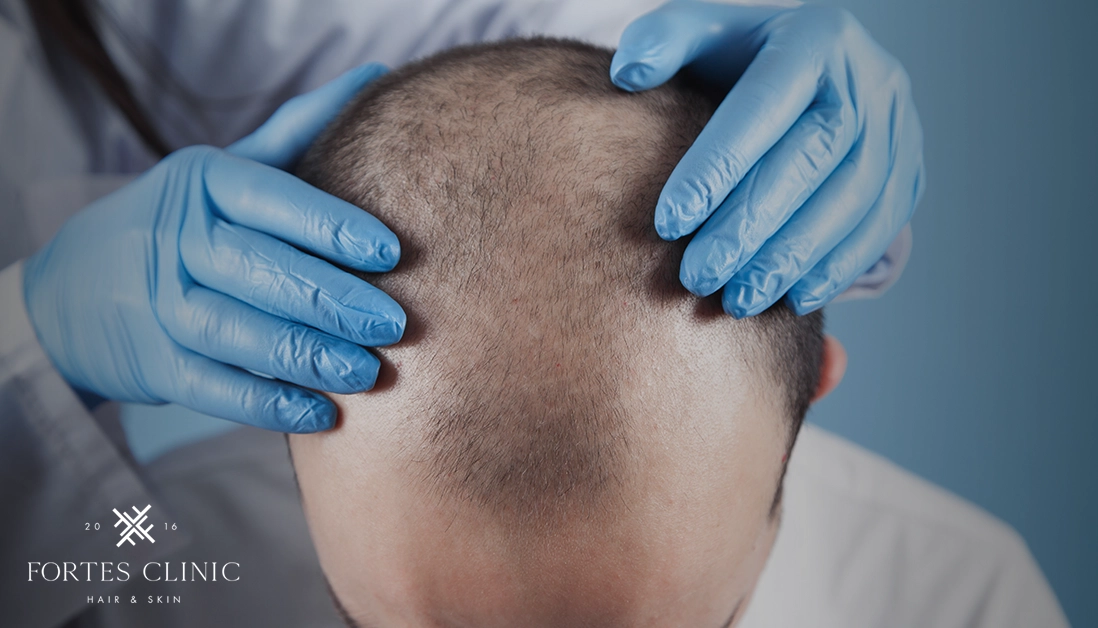Introduction to DHT and Hair Loss
Hair loss, a concern impacting many, often leads individuals to seek effective treatments. Among the various solutions, DHT blockers have emerged as a promising option. Dihydrotestosterone, commonly known as DHT, is a hormone linked closely with hair loss, particularly in cases of male and female pattern baldness. Understanding the role of DHT and how it affects hair health is crucial in comprehending how a DHT blocker can be an effective treatment.
DHT is a byproduct of testosterone, present in both men and women, though in differing concentrations. It plays a key role in developing male characteristics but can also contribute to hair loss when it binds to scalp follicle receptors. This attachment can shrink hair follicles, shorten the hair growth cycle, and eventually lead to thinning hair or baldness.
DHT Blockers: An Overview
Defining DHT Blocker
DHT blockers are substances that, either through medication or natural compounds, help to reduce the production of DHT or prevent it from binding to hair follicles. By inhibiting this interaction, DHT blockers can slow down or even reverse hair loss. These blockers come in various forms, including oral medications, topical treatments, and natural supplements.
How Does A DHT Blocker Work in Treating Hair Loss
The efficacy of DHT blockers lies in their ability to intervene in the biological process that leads to hair loss. By reducing the DHT levels in the scalp, these treatments allow hair follicles to regain their normal size and function, promoting healthier and stronger hair growth.
Types of DHT Blocker: Natural vs. Synthetic
When considering DHT blockers, it’s important to differentiate between natural and synthetic options. Synthetic blockers, like Finasteride and Dutasteride, are typically available via prescription and have been clinically tested for their efficacy. On the other hand, natural blockers include ingredients like saw palmetto, pumpkin seed oil, and green tea, which are available over the counter and are often preferred by those seeking a more holistic approach.
The Science Behind A DHT Blocker
Understanding the Biological Mechanism of A DHT Blocker
DHT blockers function by targeting the 5-alpha-reductase enzyme, responsible for converting testosterone into DHT. By inhibiting this enzyme, these treatments effectively reduce DHT levels, thereby minimising its impact on hair follicles.
Scientific Research and Studies on DHT Blockers
Numerous studies have underscored the effectiveness of DHT blockers in treating hair loss. For example, research has shown that drugs like Finasteride can significantly reduce scalp DHT levels, leading to a decrease in hair loss and, in many cases, regrowth of hair.
Effectiveness and Efficacy Rates
The effectiveness of DHT blockers varies depending on the type and severity of hair loss. Clinical trials have shown that prescription DHT blockers can reduce hair loss in a significant percentage of individuals. However, the effectiveness of natural DHT blockers, while promising, requires more extensive research to fully establish their efficacy.
Popular DHT Blocker Treatments
Prescription DHT Blocker
Finasteride
Finasteride, commonly prescribed for male pattern baldness, works by specifically targeting the 5-alpha-reductase enzyme. It’s known for its high success rate in reducing hair loss and promoting regrowth, especially when used in the early stages of hair thinning.
Dutasteride
Dutasteride, similar to Finasteride, is another powerful prescription medication. It’s often considered when Finasteride is not effective, as it inhibits both types of 5-alpha-reductase enzyme, potentially offering a more comprehensive approach to DHT blocking.
Topical Treatments
Topical DHT blockers, such as minoxidil, are applied directly to the scalp. While not as potent as oral medications, they are a popular choice for those with mild to moderate hair loss and are known for their ease of use and lower risk of systemic side effects.
Herbal Supplements
Herbal supplements, including saw palmetto, zinc, and biotin, are often marketed as natural DHT blockers. These supplements can be an option for individuals seeking a more natural approach, though their effectiveness can vary widely.
Emerging DHT Blocking Technologies
Advancements in hair loss treatment are continually evolving, with new products and technologies being developed. These include improved topical formulations and innovative delivery systems designed to enhance the effectiveness of DHT blocking ingredients.
Pros and Cons of Using A DHT Blocker
Advantages of A DHT Blocker in Hair Loss Treatment
The primary advantage of DHT blockers is their ability to effectively slow down and potentially reverse hair loss. For many individuals, these treatments have resulted in significant hair regrowth and improved hair health.
Potential Side Effects and Risks
While DHT blockers can be effective, they are not without potential side effects. Prescription medications, in particular, may carry risks such as sexual dysfunction, mood changes, and other hormonal imbalances. It’s important to discuss these risks with a healthcare provider before starting treatment.
Suitability for Different Types of Hair Loss
DHT blockers are most effective for androgenetic alopecia, or pattern baldness. However, they may not be suitable for all types of hair loss, such as hair loss due to stress, nutritional deficiencies, or medical conditions. A thorough evaluation by a specialist is essential to determine the most appropriate treatment.
Incorporating A DHT Blocker into a Hair Care Routine
Consultation with a Hair Specialist
Before beginning any treatment with DHT blockers, it’s crucial to consult with a hair loss specialist. They can assess your individual hair loss situation, recommend the most suitable DHT blocker, and monitor your progress and response to the treatment.
Creating a Tailored Treatment Plan
Each individual’s experience with hair loss is unique, which means a one-size-fits-all approach is not effective. A tailored treatment plan, potentially combining different types of DHT blockers and other hair loss treatments, can yield the best results.
Complementary Treatments and Lifestyle Adjustments
In addition to using DHT blockers, incorporating a healthy lifestyle and other hair care practices can enhance the overall effectiveness of the treatment. This includes a balanced diet, regular exercise, stress management, and avoiding harsh hair care products.
Choosing the Right DHT Blocker: Factors to Consider
Assessing Your Individual Needs
Selecting the right DHT blocker depends on several factors, including the severity of hair loss, age, gender, and personal health history. A thorough assessment will help in choosing the most effective and safe option.
Understanding Product Ingredients and Formulations
It’s important to understand the active ingredients in DHT blockers and how they work. This knowledge can help in making an informed decision and in setting realistic expectations from the treatment.
Cost and Accessibility Considerations
The cost of DHT blockers can vary significantly. While prescription treatments can be more expensive and require a doctor’s consultation, over-the-counter options offer more accessibility but might have varying degrees of efficacy.
Fortes Clinic: Your Partner in Hair Loss Treatment
At Fortes Clinic, we understand that dealing with hair loss can be a challenging and emotional journey. That’s why we’re committed to providing personalised and effective hair loss treatments, including the latest in DHT blocker technologies. Our approach is centred on understanding each individual’s unique situation and offering solutions that cater specifically to their needs.
Why Choose Fortes Clinic?
- Expert Team: Our team of specialists, including experienced trichologists and dermatologists, are at the forefront of hair loss research and treatment. We stay updated with the latest advancements in hair care to ensure you receive the most effective treatment.
- Comprehensive Consultation: We believe in a thorough and empathetic approach to consultation. Our experts take the time to understand your hair loss pattern, medical history, and lifestyle factors, ensuring a treatment plan that’s tailored just for you.
- Cutting-Edge Treatments: At Fortes Clinic, we offer a range of treatments, including the latest DHT blockers, both natural and synthetic, along with other innovative hair restoration techniques.
- Holistic Care: Recognising that hair loss can be influenced by various factors, we advocate for a holistic treatment approach. This includes not only medical interventions but also guidance on diet, stress management, and hair care practices.
- Success Stories: Our clinic has a proven track record of helping individuals regain their confidence through successful hair restoration. We take pride in our patient’s success stories, which speak volumes about our dedication and expertise.
Our Services
- Personalised DHT Blocker Treatments: We offer bespoke treatment plans that include DHT blockers best suited to your individual needs, whether it’s a prescription medication, topical treatment, or natural supplement.
- Advanced Hair Restoration Techniques: Beyond DHT blockers, we provide a range of advanced hair restoration services, including hair transplant surgery, Platelet Rich Plasma (PRP), and scalp micropigmentation, depending on your specific condition and preferences.
- Ongoing Support and Maintenance: Hair restoration is a journey, and we are here to support you every step of the way. From initial treatment to follow-up care and maintenance, our team ensures you feel supported and informed throughout the process.



